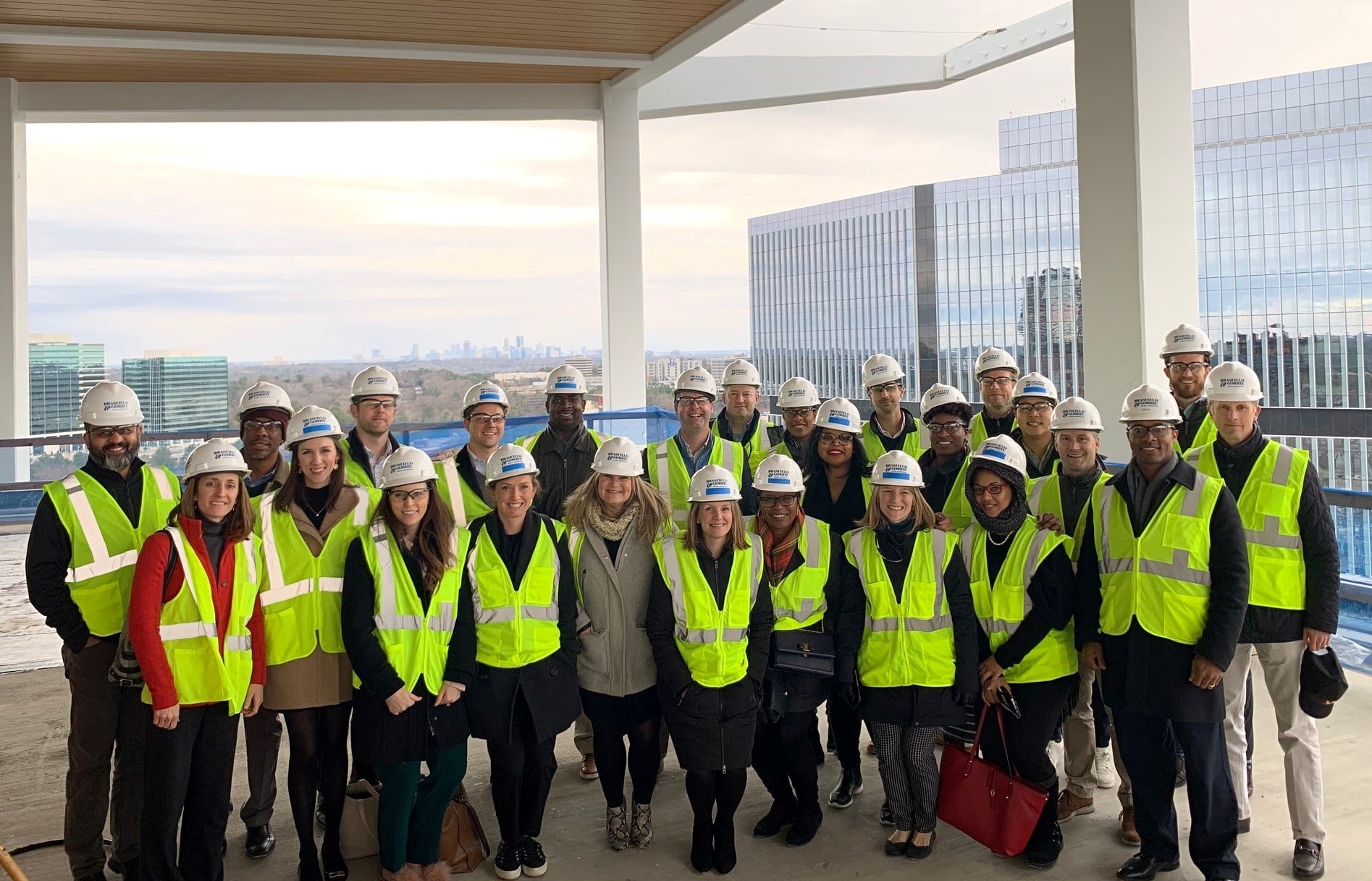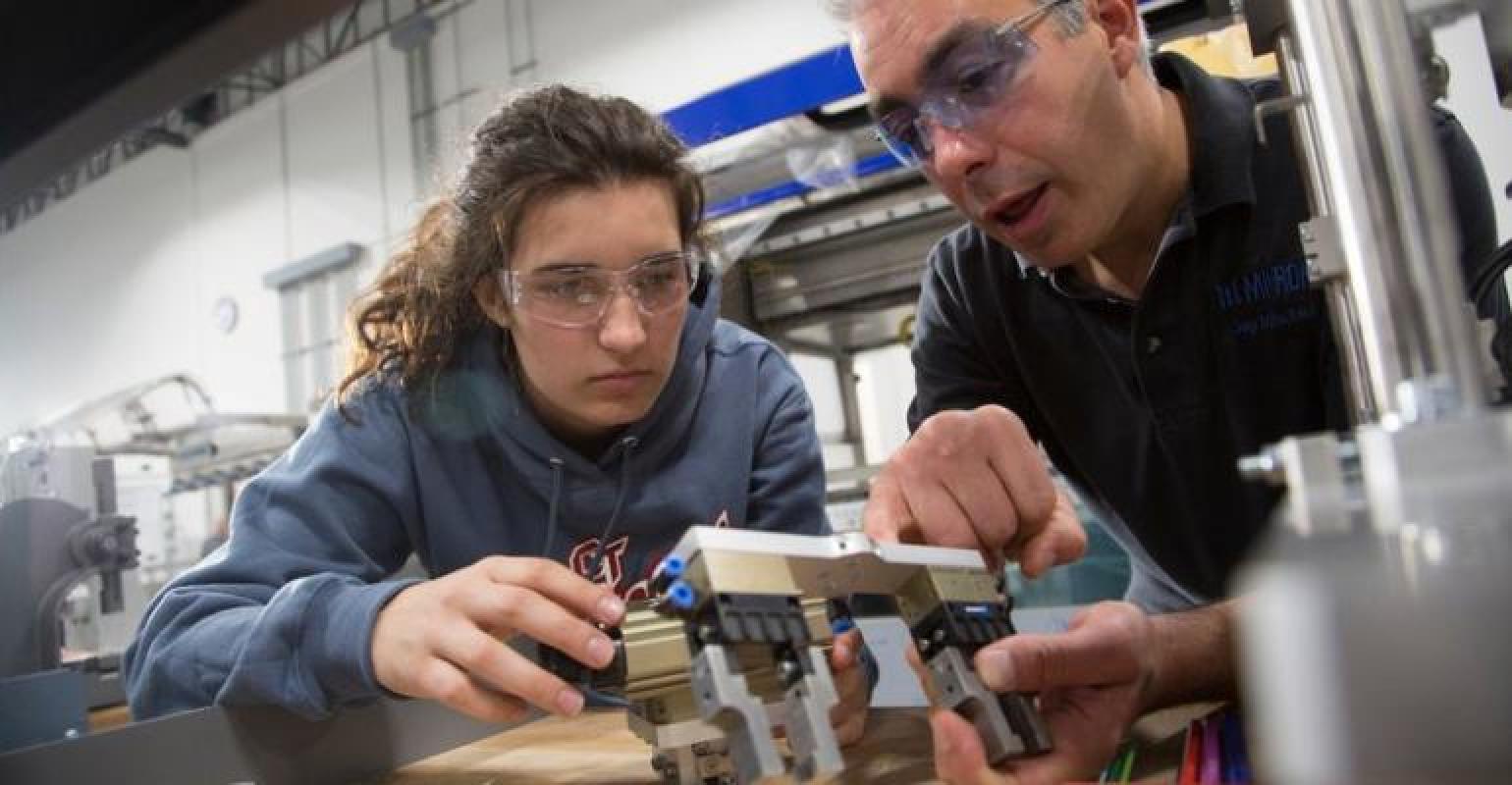14 Sep 2020

ULI Atlanta’s Center for Leadership Graduates 2020 Class
ECG’s team of experts equipped with decades of local, hands-on experience in business development, government affairs, market research, and utilities management strives to provide our communities with the best opportunities available. Part of delivering the highest quality results is emboldening our team members to participate in significant hands-on collaborations with emerging industry thought leaders, intent on affecting change for our communities and cities.
23 Jun 2020

Utilizing Peer Analysis to Enhance Economic Planning
ECG’s Technical Solutions team provides a wide variety of economic and community development support services to our member communities. The tools our team provides that enhance research include but are not limited to Target Industry Studies, Housing Studies, Downtown Market Assessments, Retail Support, and Mapping products.
08 Jul 2019

The Talent Pool: Humans and Robots Keep One Another Afloat
The backbone of the US economy is the manufacturing industry, which has significantly evolved in its use of technology to handle jobs originally managed by people. For example, Artificial Intelligence (AI) initially handled the heavy duty lifting in manufacturing that humans could not do, and now it can also handle physiological as well as repetitive intellectual duties. AI is useful in performing the daily redundant tasks like filling in details, assembling, customizing, monitoring the production levels and doing quality controls. So where does that leave the human workforce and its role in manufacturing?
